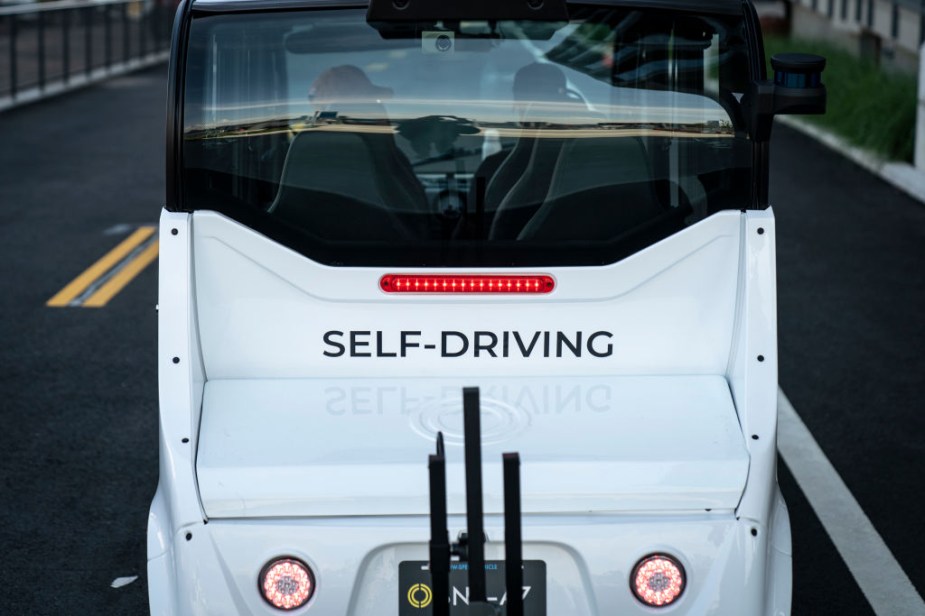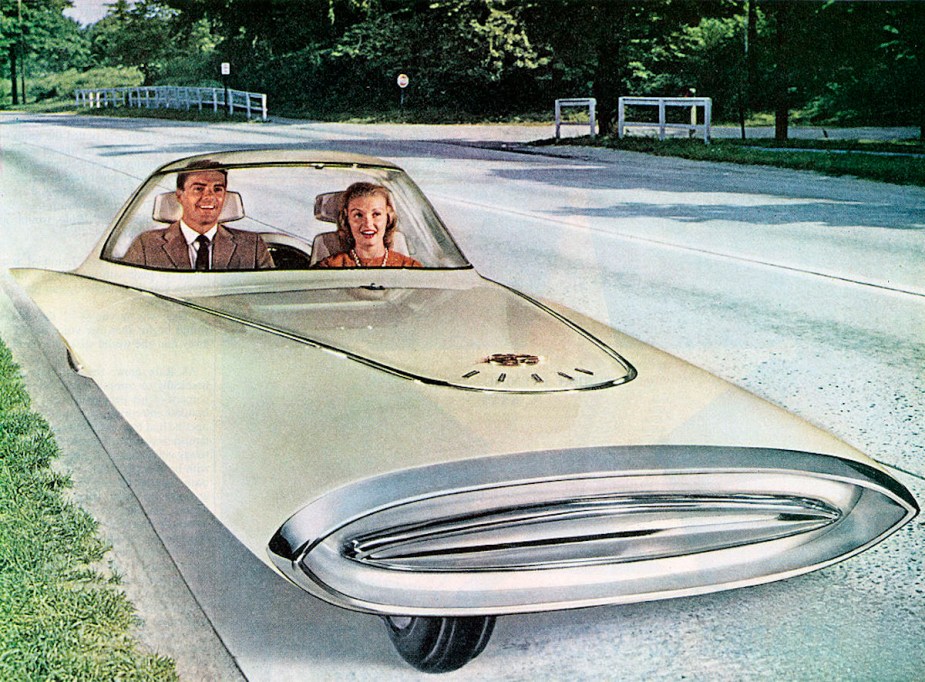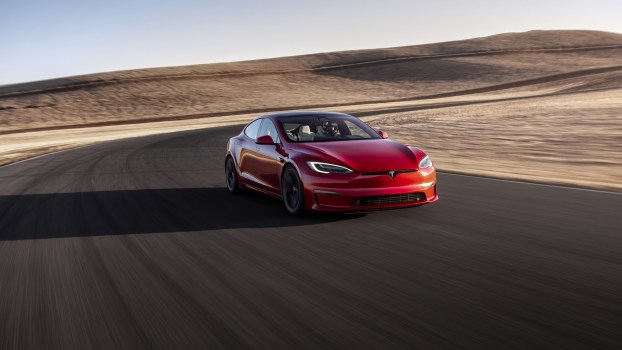
You Probably Won’t Own Your Car by 2050
Sure, America is older than the car, but not by that much in comparison to many other countries. This means the personal car has been a part of American life for a significant percentage of the life of the country. However, the deeper we get into this bizarre future we seem to be hurling ourselves into, the closer we seem to be getting to losing the personal car. There’s a good chance that you won’t own your car by 2050.

What is the future of cars?
As much as I wish we knew the answer to this question, we don’t. However, we can look at the trends happening in the market now and make some decently educated guesses. Between the efforts to design autonomous vehicles and mass public transportation, it is not a stretch to guess that in roughly 25 more years, owning your own car might be something reserved for only the wealthiest of us.
Gear Patrol points out that 25 years is a life age in the world of technology. 25 years ago, the landscape of our lives and even the world was fundamentally different. In terms of transportation, in 1900, owning a personal car was rare and seen as wasteful by many. Horses were the ride of the day. By 1925, Henry Ford had revolutionized the assembly line as we knew it, and cars were a fairly regular household item.
Are cars really the best tool for the job?

Gear Patrol points out that for many people, cars are an expensive, overly complicated solution to the problems they are often used to solve. Cars are expensive. They are large and often difficult to store. And, if any of that wasn’t a problem, they are undeniably destructive to our planet. None of that is to say that they aren’t also massively enjoyable and often the perfect tool for the job; it’s just that cars aren’t the ultimate solution to our locomotive issues.
Can the internet replace your car?
Let’s face it; the internet allows us to “get around” more efficiently and cheaply than a car ever could. If the car’s main purpose is to get us to work, the grocery store, our friends’ houses, and other such errands, the internet can deliver all of that to us.
Gear Patrol very wisely draws attention to the fact that before cars, the idea of “teenager” and what that group might do didn’t exist. However, teenagers today have the endlessness of the internet. Hanging out at the Sonic parking lot is fun, but American teens today can play video games with their friends in Tokyo.
Cities revolve around transportation

New York City doesn’t revolve around the car. It hasn’t in a long time. However, even NYC grew with the car and traffic in mind. But these days, City officials are blocking more and more lanes of traffic, even entire streets, regularly to discourage driving and encourage walking and biking. These modes of transportation in NYC are more affordable and efficient than driving, so that’s what people do. As Gear Patrol says, “if a transportation method develops that’s more affordable and convenient than owning a car, people will use it.”
The best proof of the ailing car we can offer is to look at the people who build and sell cars. More car companies are joining the trend of designing fewer affordable models in lieu of making smaller batches of high-end cars for the ones who can afford them. Also, many car companies are shifting to things like e-scooters, and subscription services remain relevant as fewer people are able to buy personal cars.
Of course, no one has a crystal ball that can predict the future. These ideas are simply educated guesses. Despite it all, we simply don’t know what will happen. The facts are the world is moving quickly now. It stands to reason that because the ways in which we interact with cars is already shifting quickly, that shift will continue until we pass through the next paradigm shift, whatever that looks like.




